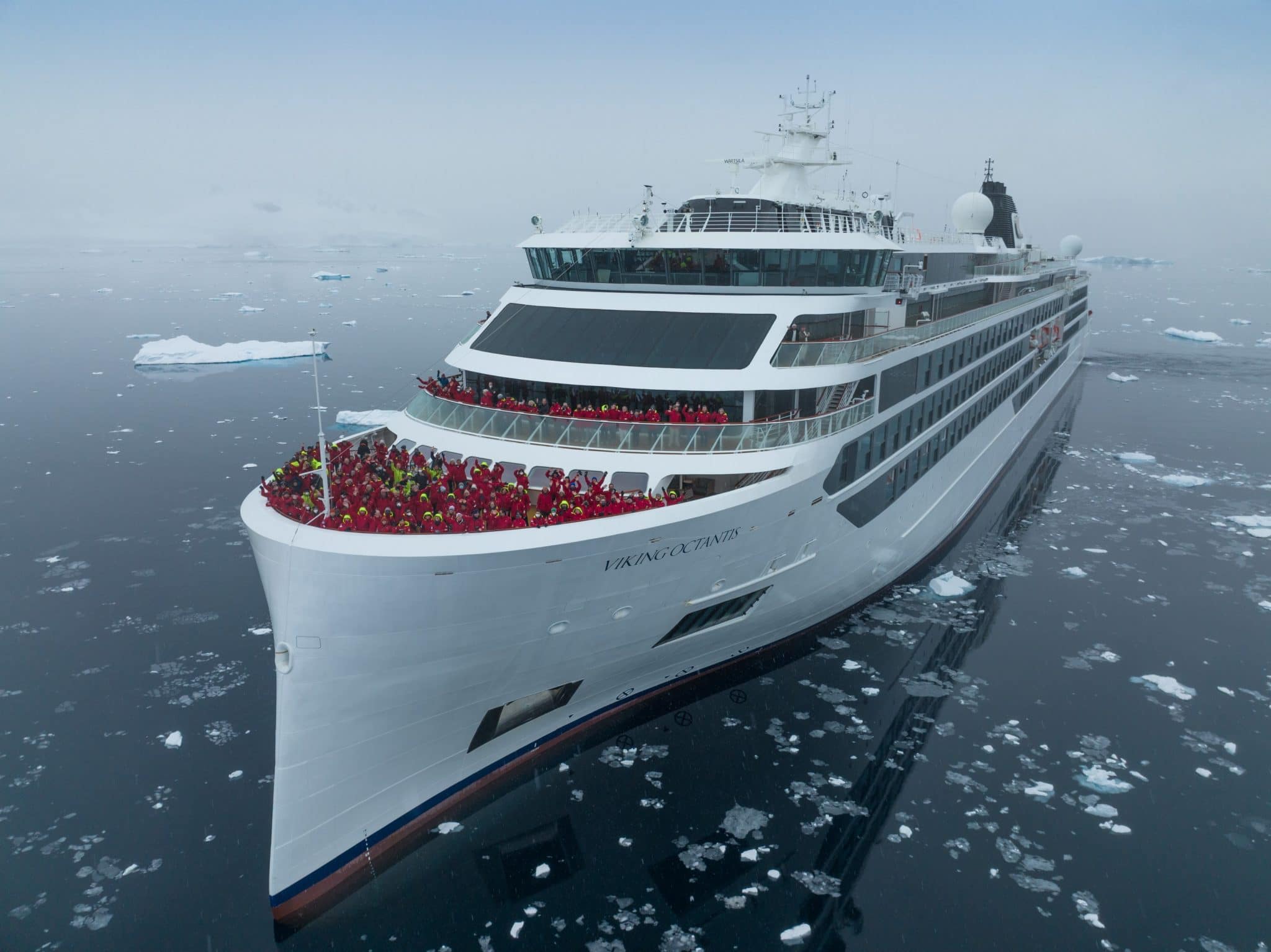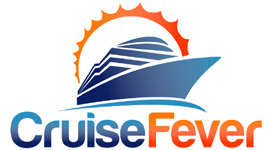Viking discovered a new chinstrap penguin colony on a recent expedition cruise to Antarctica on Viking Octantis.

The new colony, which was previously unknown to science, was discovered on Diaz Rock near Astrolabe Island, in Antarctica. Astrolabe Island is a three mile long island in the Bransfield Straight of the Trinity Peninsula.
During the visit, Viking’s scientific partner, Oceanites, the leading field research entity in Antarctic penguin monitoring, conducted a visual and thermal aerial survey. The fieldwork documented the first survey in nearly 40 years of the known chinstrap penguin colony of Astrolabe Island and in the process, discovered the additional colony on Diaz Rock.
“With our third season in Antarctica underway, we are pleased to have supported another significant scientific development that will allow for further understanding of the region,” said Torstein Hagen, Chairman of Viking. “From the thoughtful design of our expedition vessels, each with a well-appointed Science Lab, to our partnerships with some of the world’s most prestigious institutions, our intention has always been to provide our guests and scientists with opportunities for meaningful discovery during each voyage. We look forward to supporting other critical research opportunities on future voyages.”
Viking has two expedition ships, Viking Octantis and Viking Polaris, that support scientific discovery as they cruise around the world.
“The Antarctic peninsula is well-traveled and explored, and it is not often we find a new penguin colony,” said Dr. Grant Humphries, Director of Science at Oceanites. “Our partnership with Viking opened a new opportunity to not only count the chinstrap penguins on Astrolabe Island for the first time since the 1980s, but it also allowed us to locate and map a colony of chinstrap penguins previously unknown to us. This work will allow us to get a better understanding of how Antarctic penguin population dynamics are shifting in an ever-changing world.”
During each expedition voyage on Viking, a 36 person expedition team lead guests through meaningful scientific research, providing guiding and interpretation during shore excursions and delivering world-class lectures. The team is comprised of visiting researchers from partner institutions.
“Viking’s expedition vessels continue to showcase the potential of reimagined ‘ships of opportunity’ and the research capabilities available for scientific efforts,” said Dr. Damon Stanwell-Smith, Head of Science and Sustainability at Viking. “With scientists from our partner organizations on board, like Oceanites, we can conduct real, meaningful research in the regions. We look forward to continuing our partnership with Oceanites and other science partners to bring more findings forward in the future.”
Viking two expedition ships offers voyages to Antarctica, the Arctic, and the Great Lakes.
The 378 guest ships were specifically built to sail to some of the remote parts of the earth. They also offer comfort, safety, and unrivalled range of activities in remote destinations.



